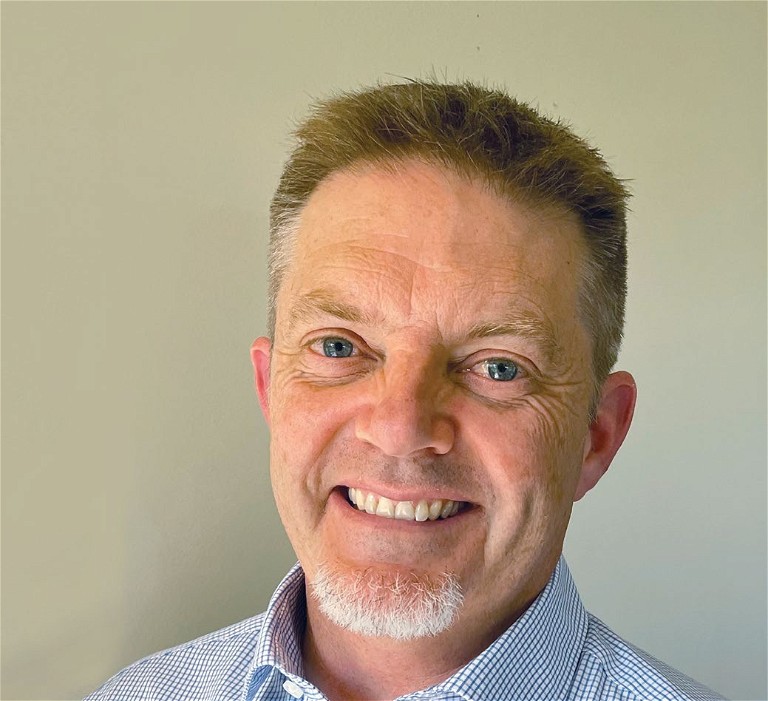COUNSELLING PERSPECTIVES
SHANNON HOOD
In this feature, CA interviews a counsellor and ACA member about their profession, their journey and what they’ve learned along the way. By Catherine Norwood.
What prompted you to move into counselling as a profession?
In my first career as an engineer and an accountant, I realised that although I had some technical skills, what I really liked was working with people. I seemed to have a knack for getting people talking, and together we could discover good solutions to engineering problems.
In doing that I also realised there are some really troubled people, and I thought I could use my skills in a different way, to help solve problems for people, rather than machines.
I decided to train as a pastor, and during my pastoral training I volunteered with my local State Emergency Services unit, providing support as part of their mental health team. That experience really led me to move into counselling as a profession.
What is the biggest reward in being a counsellor?
For me, the rewards of counselling manifest in three ways. Working with clients, I get to see the immediate effect of insights that people have; they can make some profound differences very quickly in their life, and I have been privileged enough to hear their story, and to be part of a bigger change.
In supervision, I love seeing counsellors come alive in their vocation. As Dean of Counselling for the Perth Bible College, I also love the training aspect, facilitating learning and seeing people make new discoveries.
What is the biggest challenge about being a counsellor?
It is the lack of understanding in community about counsellors and our profession. There is a lot of bias, some of good, some bad; some fair, some not, because people just don’t understand the profession in the same way they might understand, in a general way, what a plumber does, or a heart surgeon.
Name a highlight of your Australian Counselling Association (ACA) membership
My personal highlight is the ACA conferences. But the aspect of my membership that has provided the most value is the professional recognition that comes with being an accredited member of ACA. It gives people the confidence in me as a service provider, as both an employee and in private practice.
How would you like to see the counselling industry change in the future?
Broadly, I think we need greater consensus on what it means to be a registered counsellor, and once we have that, we need to get that out to all sorts of people – to insurers, in workplaces, to clients.
Describe a valuable learning experience that you had as a counsellor
Because I often work with traumarelated cases, and I get an insight into other people’s stories, it gives me an even greater sense of gratitude for my own life; it’s a lesson I keep re-learning.
How many clients do you see each week?
In my private practice I see an average of four clients a week, and I also do group and individual supervision.

Shannon Hood
Photo: Supplied
Because I often work with trauma-related cases, and I get an insight into other people’s stories, it gives me an even greater sense of gratitude for my own life; it’s a lesson I keep re-learning.
What do you love about running your own professional practice?
As I have a mature private practice, I can be very focused and intentional about who I see. I work exclusively with men, usually around emergency services-based trauma or questions of spirituality.
What pearls of wisdom would you offer to a student counsellor or a colleague?
Use supervision as a valuable resource to help you develop personally and professionally. It can help you on so many levels, from difficult clients and ethical dilemmas to marketing a business and juggling your own family responsibilities.
Your client is always more than their problems. However messed up things seem, your client never stops being a spiritual person who is worthy of love.
Never stop learning. Our profession needs more and more people with high-level qualifications to improve our practice and influence change. ■